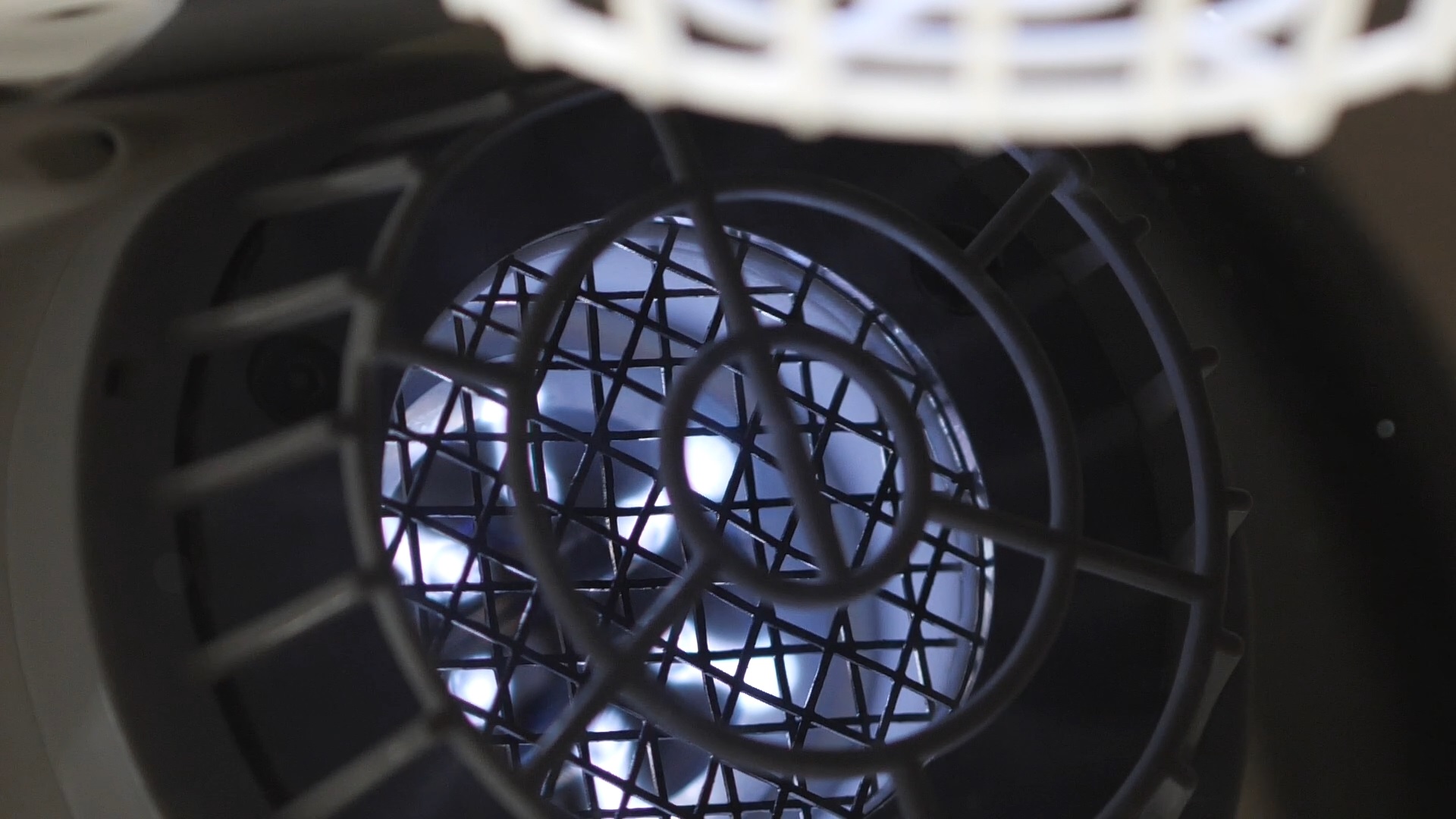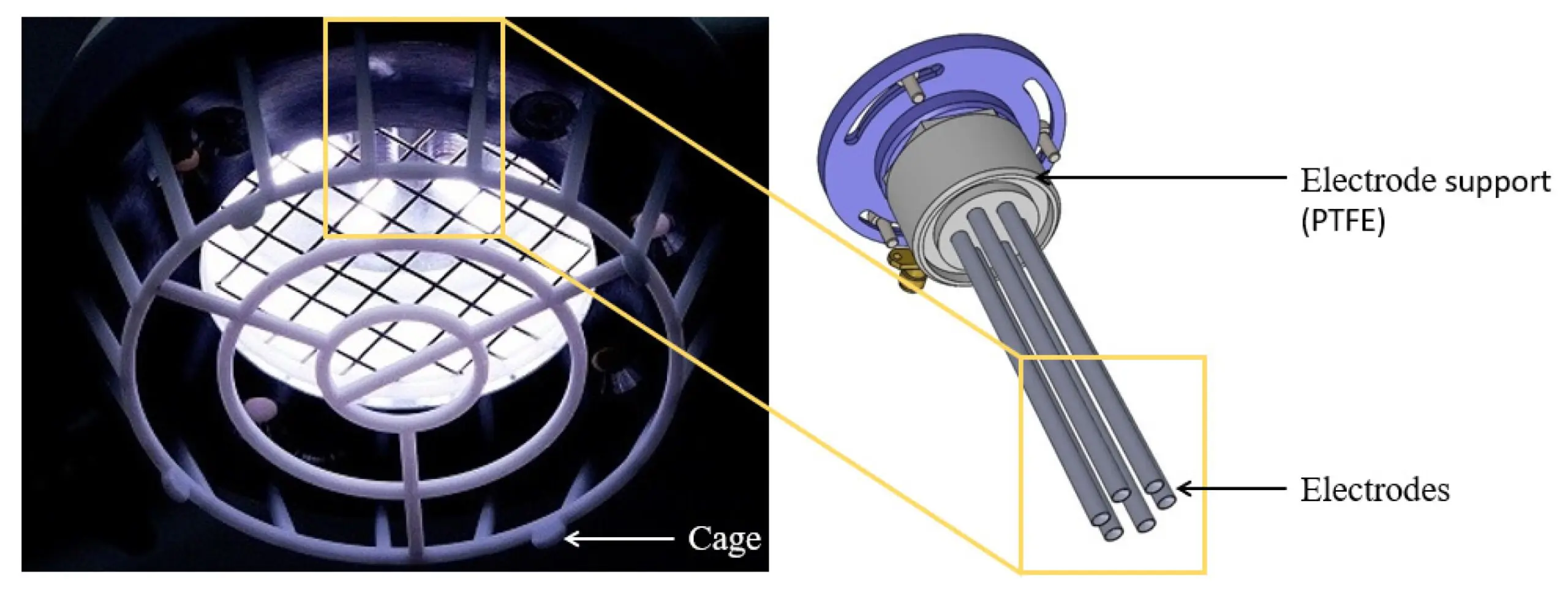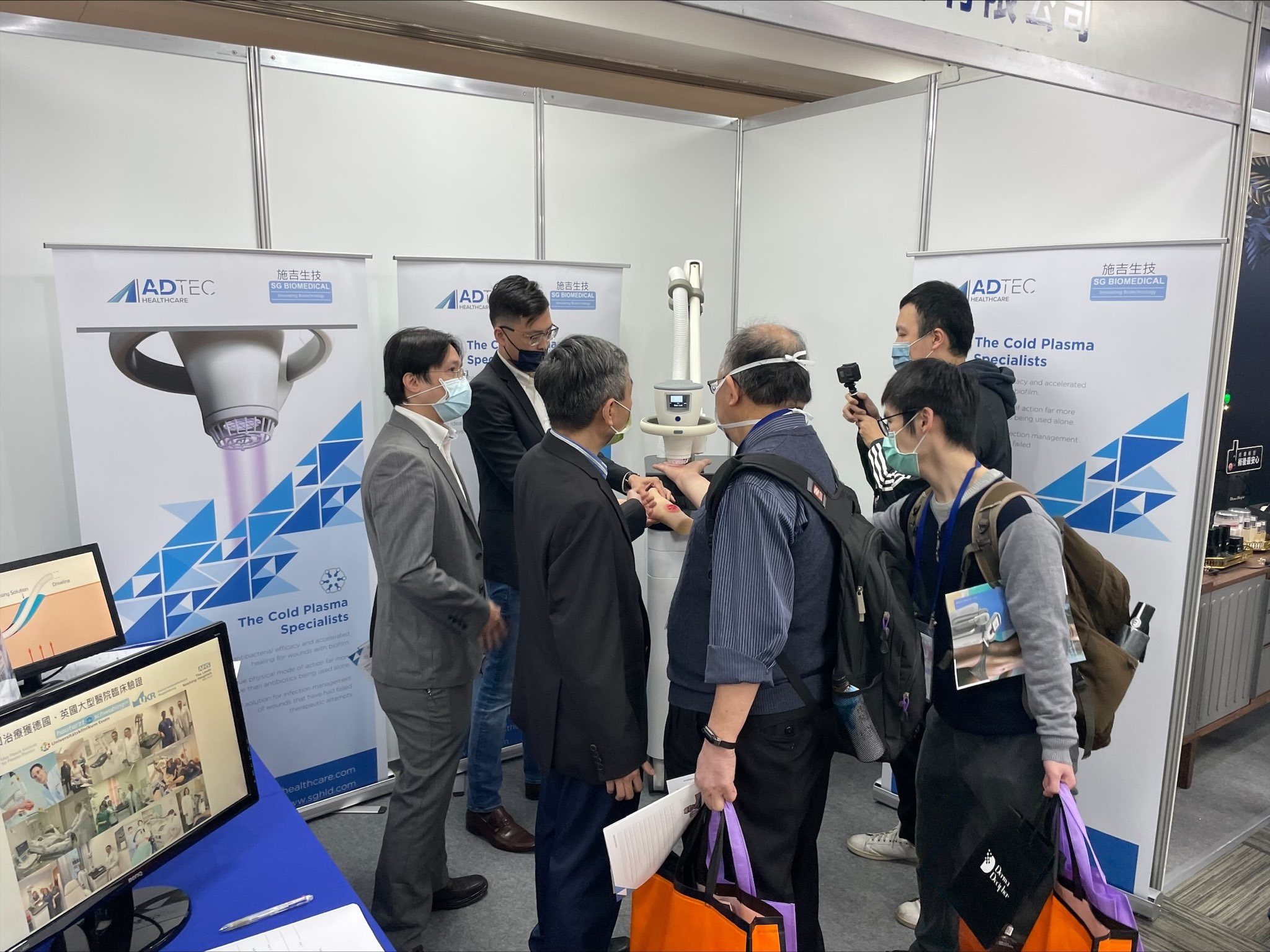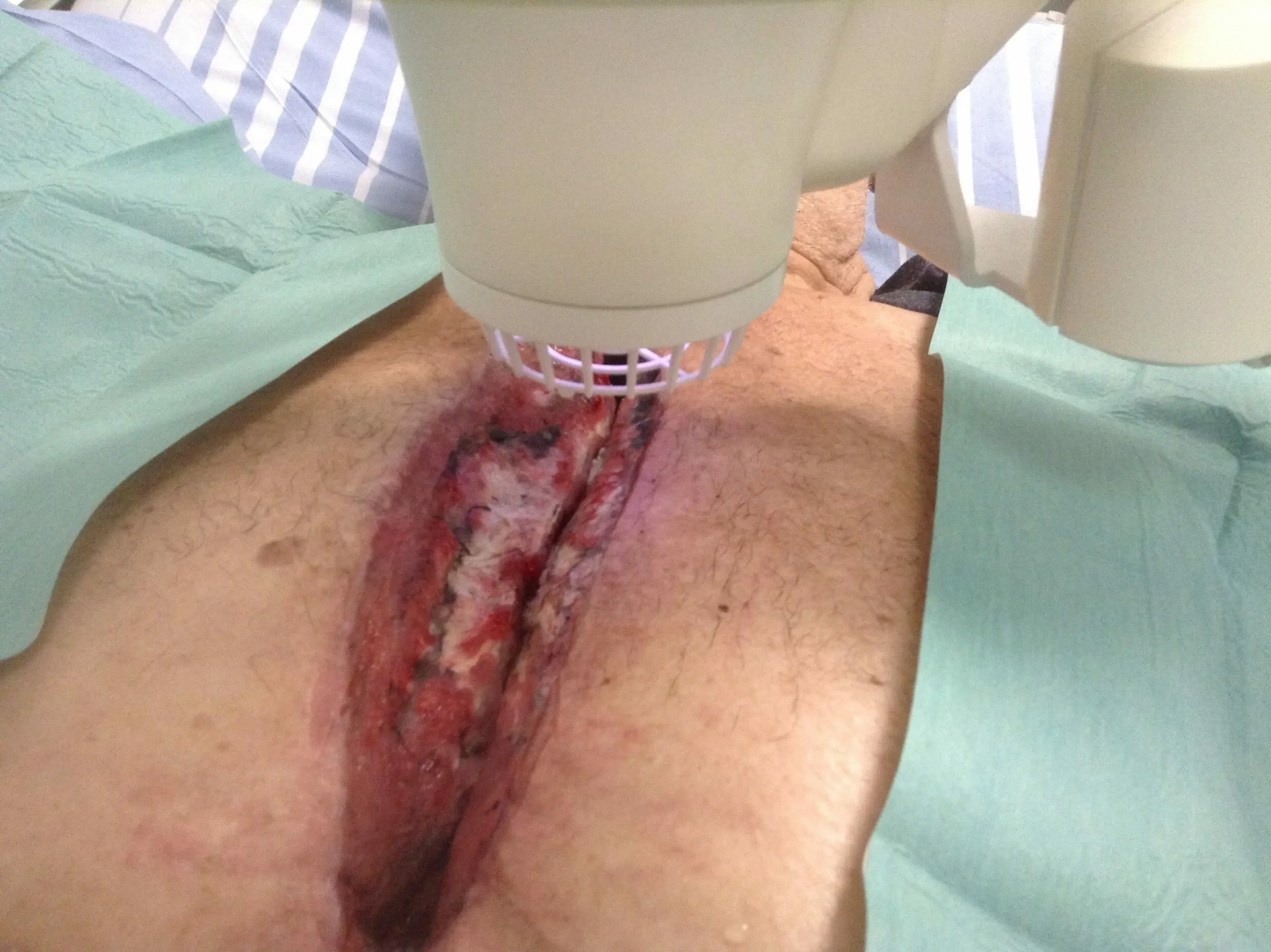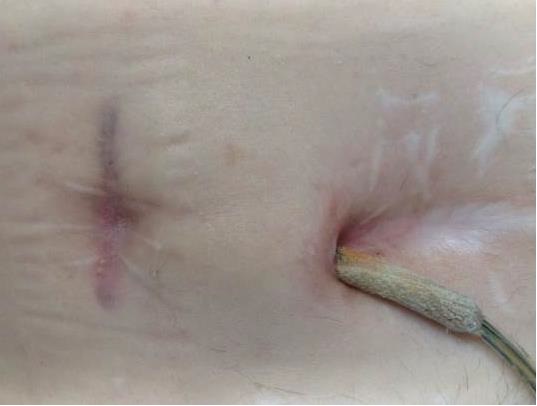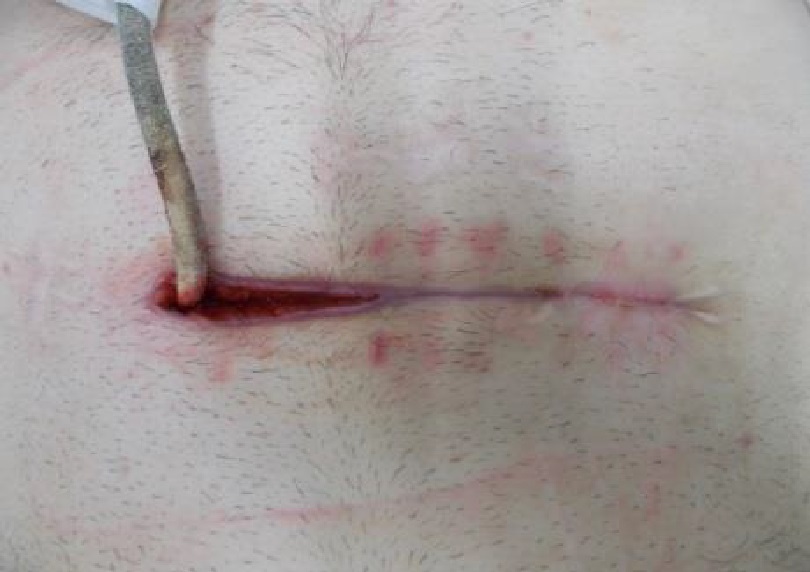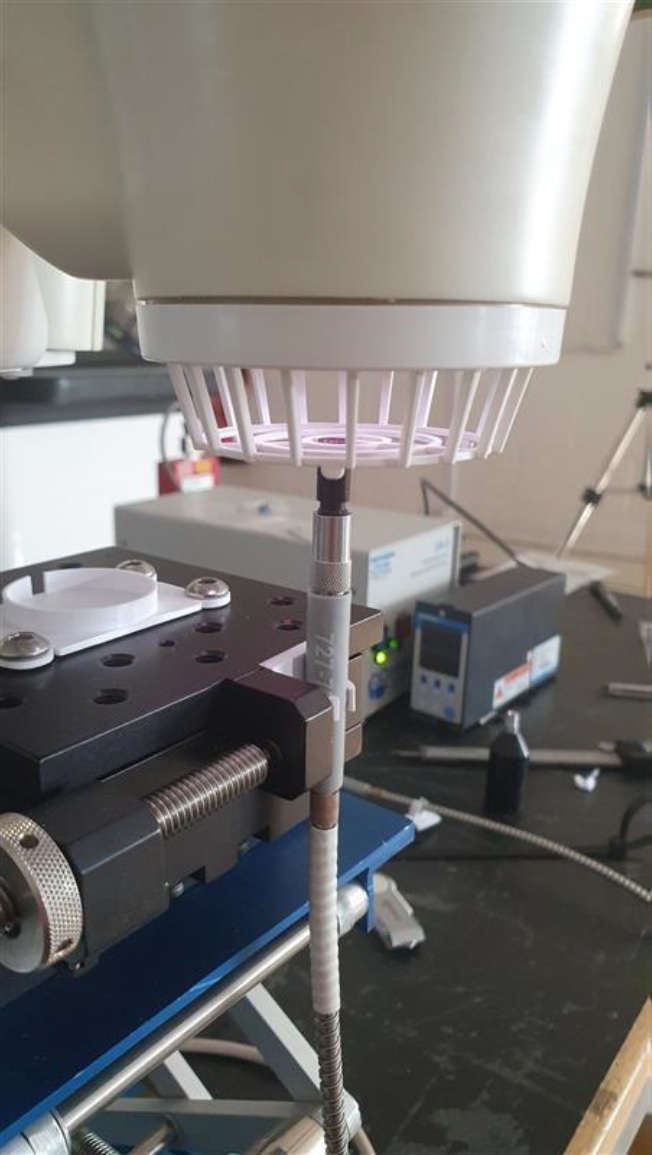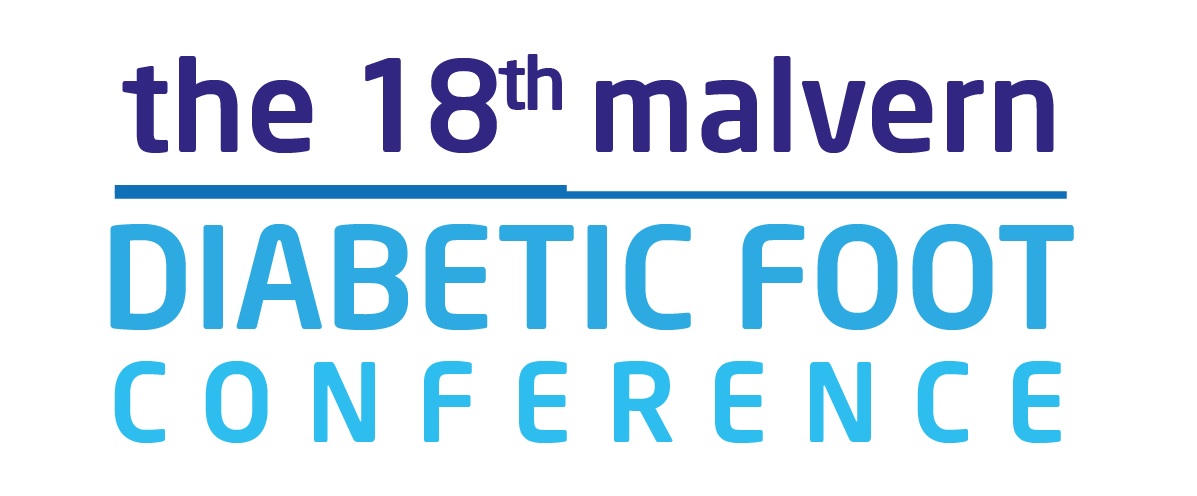Our patented 6 electrode Cold Plasma Torch
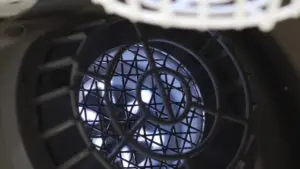
The Adtec SteriPlas features a patented 6 electrode cold plasma torch. It’s proven efficacy for the destruction of all forms of bacteria including multi-resistant bugs makes it an alternative to antibiotic therapy for the treatment of wounds, surgical site infections and medical dermatology skin conditions. This is due to the unique physical mode of action delivered with our cold plasma as opposed to the chemical mode of action demonstrated with antibiotics. Broader studies have shown that antimicrobial resistance is unlikely to be generated with cold plasma treatment because of this.
A huge collection of our peer reviewed publications documents the clinical efficacy and safety of our medical device across a broad range of conditions including diabetic foot ulcers, left ventricular assist device (LVAD) infections, deep sternal wound infections, actinic keratoses and acne.
To learn more about our medical device or to obtain one in your clinic practice, please contact us at info@adtecplasma.com
Adtec Healthcare's Conference and Exhibition attendance dates for 2022
As we look forward to a promising year ahead, please find the dates of our conference and exhibition participation for 2022:
Society for Cardiothoracic Surgery (SCTS) Annual Meeting – 8-10 May 2022
Malvern Diabetic Foot Conference – 11-13 May 2022
European Wound Management Association (EWMA) – 23-25 May 2022
Diabetic Foot Study Group (DFSG) – 16-18 September 2022
We hope to see you at either of these conferences and as always, we will have our flagship medical device, the Adtec SteriPlas, on demonstration ready for you to test and to see all the benefits linked to our cold plasma strengths for wounds, surgical site infections and medical dermatology.

![]()


Characterisation of a Cold Atmospheric Pressure Plasma Torch for Medical Applications
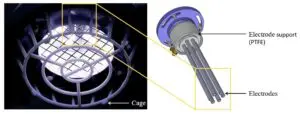
We congratulate Dr Adam Bennett on his most recent publication, “Characterisation of a Cold Atmospheric Pressure Plasma Torch for Medical Applications: Demonstration of Device Safety”.
The safety and effectiveness of plasma devices are of crucial importance, especially for applications where the plasma is discharged near humans. This study presents the novel design and characterisation of a Cold Atmospheric Plasma torch (SteriPlas), which is used in medical applications. The study shows the characterisation methodology that must be undertaken to show that a plasma device is safe, especially when used in an application on human skin. The emission spectrum discharged from the plasma torch is shown. The UV emitted is measured and the effective irradiance is calculated. The effective irradiance enables the determination of the maximum UV exposure limits, which in this application are shown to be over two hours; however, in some applications may be only seconds. NOx and ozone emissions are also recorded. The NOx levels in this application are shown to be orders of magnitude lower than their safety limits and the ozone emissions are also shown to be safe; however, in some plasma technologies the NOx and ozone levels are orders of magnitude higher than the safe levels.
This paper concludes with a discussion of how safety limits vary in different regions around the world and proposes an international standard. It documents the safety of our medical device which further reiterates one of our main strengths where no side effects have been reported.
Access to the full paper can be found here: https://www.mdpi.com/2076-3417/11/24/11864
Successful meetings held at the Taiwan Society for Plastic Surgery
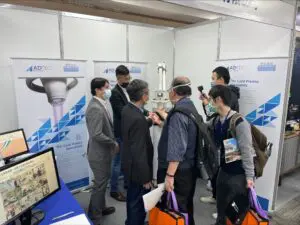
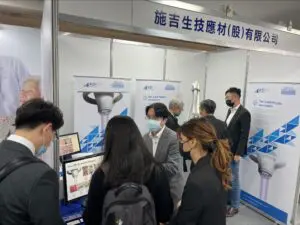
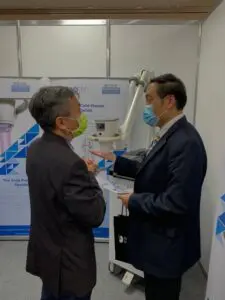

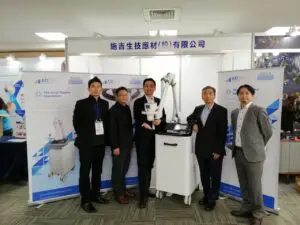
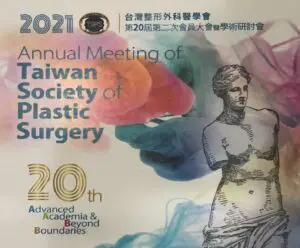
We are happy to report an eventful exhibition over the weekend at the Taiwan Society for Plastic Surgery led by our distributor in Taiwan. This is the first time the Adtec SteriPlas has set foot in Taiwan so naturally there was a lot of interest in our medical device. We look forward supporting our distributor for the exciting year ahead.
For more information about our medical device, contact us at info@adtecplasma.com
The first cold plasma medical device to treat Scleroderma

We congratulate Dr Stephanie Ardnt and Prof. Sigrid Karrer from the University Hospital Regensburg for their recent publication, “The Anti-Fibrotic Effect of Cold Atmospheric Plasma on Localized Scleroderma In Vitro and In Vivo”.
This publication features the use of our Adtec SteriPlas and shows strong efficacy for the treatment of Scleroderma, which up to now has not yet been evaluated by CAP. The extensive study documents significantly reduced dermal thickness and collagen deposition as well as a decrease in both alpha smooth muscle actin-positive myofibroblasts and CD68-positive macrophages in the affected skin in comparison to untreated fibrotic tissue. This study provides the first evidence for the successful use of CAP for treating LS and may be the basis for clinical trials including patients with LS.
https://doi.org/10.3390/biomedicines9111545
Deep Sternal Wound Infections (DWSI) and the Adtec SteriPlas
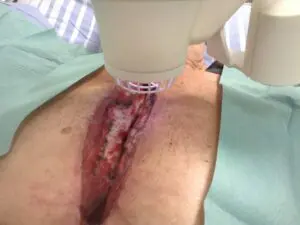
Unlike other cold plasma medical devices currently present on the market, the Adtec SteriPlas is not limited to the treatment of superficial wounds only.
For example, deep sternal wound infections (DSWIs) are a potentially devastating complication of median sternotomy performed in cardiac surgery. These large wound cavities are prone to infections and there is a concerningly high morbidity and mortality rate associated to these patients. The use of conventional therapies alone has shown to not always be successful and expensive muscle flap surgery is usually required.
The large 12cm2 treatment area of the Adtec SteriPlas covers a greater surface area of the wound compared to its competitors. This allows the benefit of a quick 2 minute treatment time for every 12cm2 covered. Because of its propulsion towards the treatment site, the cold plasma components work quickly to defeat bacteria and allow the management of the infection. The use of the Adtec SteriPlas has shown to accelerate healing rates and prevent the need for expensive surgery options that would otherwise have been needed.
It has been praised as a lifesaving medical device and is now widely used across multiple hospitals for the management of DWSIs.
Quick results achieved with the Adtec SteriPlas
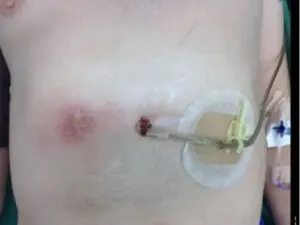
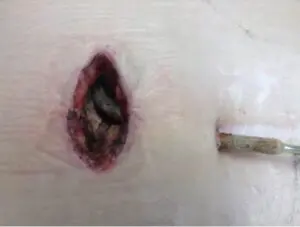
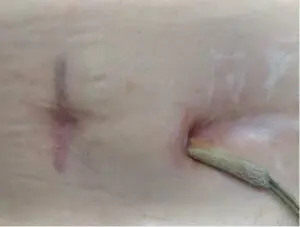
How often do LVAD patients with infection need treatment with the Adtec SteriPlas?
We recommend a minimum treatment of twice per week. This applies to both outpatients in day clinics and inpatients who have been admitted into the wards.
The treatment time itself is as quick as 3 minutes. During these short minutes, the components of cold plasma quickly bombard the cellular structure of bacteria to create micropores which allows access to the microbial DNA for total destruction. This applies to all forms of bacteria regardless of their resistance profile or if they are protected within biofilm.
How quick have patients with LVAD infections healed?
Our clinical evidence has shown patients have healed in as quick of two weeks of treatment. These are patients who have failed previous therapeutic attempts with conventional treatment methods.
Promising, consistent and reliable results achieved with the Adtec SteriPlas
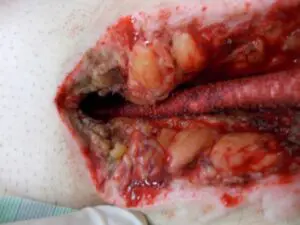
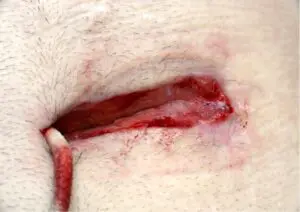
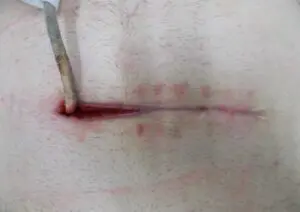
Whilst Left ventricular assist devices (LVADs) have become essential mechanical pumps for patients who have had end stage heart failures, they are also prone to infections especially with the presence of biofilm that complicates treatment options. Cardiologists often rely on conventional antibiotic therapy but with rising antimicrobial resistance rates, they sometimes offer little to no help in achieving stabilisation.
The strong properties of the Adtec SteriPlas cold plasma has been proven to offer complete stabilisation of the LVAD system by destroying all forms of multi-resistant bacteria present, even if they are protected within biofilm. This is due to the unique cold plasma properties that can travel through the gaps around and down the driveline to reach the site of biofilm. This area would normally have been difficult to treat with conventional therapies such as antimicrobial dressings as they are hard to reach, but the Adtec SteriPlas has shown to travel to these sites with ease due to its remarkable antibacterial gaseous properties.
To learn more about our strong collection of clinical evidence, please contact us at info@adtecplasma.com to learn more
Safe UV and Reactive Species levels only with the Adtec SteriPlas
As a leading medical device company, the crucial balance of safety and clinical efficacy are a top priority. We are always conducting tests to demonstrate the approved safety and reliability of the Adtec SteriPlas but to also learn new ways to improve the use of cold plasma in medicine.
Our clinical studies already validate the safety of the Adtec SteriPlas, including its low-level UV and reactive species produced from the cold plasma. These two components are imperative for the physical destruction of bacteria, however, too much of a good thing can also be relatively damaging like that observed with cold plasma jet/pens and battery powered cold plasma devices.
Measured across multiple distances, the UV light produced is well below the ICNIRP limit of 30 J/m2 and the reactive species produced are well below the occupational limits set by NIOSH and UK HSE. The Adtec SteriPlas continues to be one of the only cold plasma medical devices that puts patient and user safety first with no reported side effects and promising clinical efficacy from every treatment conducted.
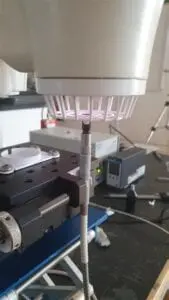
For more information about the Adtec SteriPlas, send us an email at info@adtecplasma.com
Adtec Healthcare prepares for exhibition in July
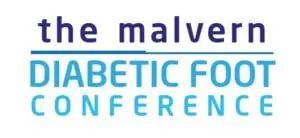
We are very excited to be exhibiting at the Malvern Diabetic Foot Conference between 7-9th July. This will be our first physical exhibition participation in over a year! Be sure to visit us and see our cold plasma medical device live in action, perfect for the treatment of chronic DFUs infected with biofilm.
